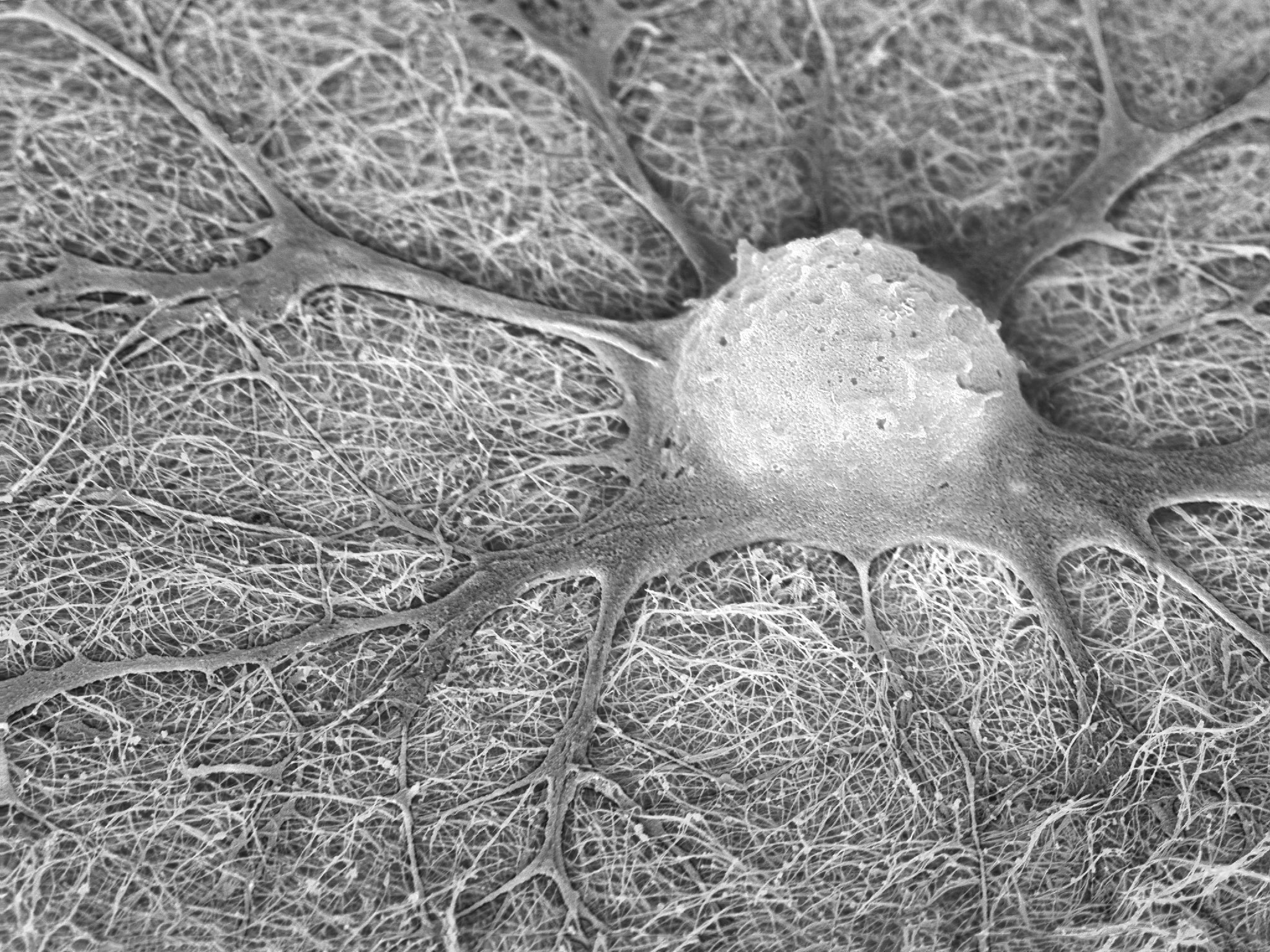ISSCR News

First Large-Scale Stem Cell Bank Enables Worldwide Studies on Genetic Risk for Alzheimer’s Disease
Alzheimer’s disease (AD) is a common, debilitating neurodegenerative disease affecting about 10 percent of people over the age of 65 and one third of people aged 85 and above. Besides environmental factors, the genes have a strong influence on whether or not a person develops AD during their lifetime. Through genome sequencing of DNA from large groups of healthy people and people with AD, some naturally occurring small changes in the DNA, known as genetic variants, were found to be more frequent in AD patients than in healthy people. As more and more of these AD-associated genetic “risk” variants are discovered, it is now possible to calculate a person’s individual polygenic risk score (PRS), meaning the likelihood of the person to develop AD, with high accuracy. Despite this progress, it is still largely unknown how genetic risk variants, or combinations thereof, cause AD in individual patients and more specifically, how risk variants impact the health and function of brain cells.

Stem Cell Reports Announces Five New Early Career Editors
The ISSCR has selected five distinguished early career scientists to serve as new Early Career Editors for Stem Cell Reports, the peer-reviewed, open access, online journal of the International Society for Stem Cell Research (ISSCR).
During their term, Early Career Editors provide strategic advice, participate in the editorial review process, and receive mentorship from current editors. They join other Early Career Editors currently working with the journal.

Hideyuki Okano Starts New Position as President of the ISSCR
The ISSCR is delighted to announce Hideyuki Okano, MD, PhD, Distinguished Professor and Director of the Keio University Regenerative Medicine Research Center, as well as former Dean of the Keio University School of Medicine in Japan, as its President. His term of office begins today.
“I am deeply honored to serve as the next President of the ISSCR, a Society that has shaped my scientific journey and fostered countless connections across disciplines and borders,” said Prof. Okano. “As stem cell research accelerates from fundamental biology to translational and clinical research, our responsibility is to anchor this progress in the core principles of our field. Just as stem cells are defined by their multipotency and self-renewal, so too must the ISSCR champion inclusive excellence and cultivate the next generation of scientific leaders. Together, we will continue to advance discovery, strengthen ethical leadership, and ensure that the transformative promise of stem cell science benefits the world.”

Muscle in Space Sheds Light on Aging-Related Muscle Loss
To understand the changes of muscle in microgravity, Siobhan Malany, Maddalena Parafati, and their team from the University of Florida, USA, engineered skeletal muscle microtissues from donor biopsies and launched them to the International Space Station (ISS) aboard SpaceX CRS-25. Their findings were published today in Stem Cell Reports.

Stem Cell-Derived “Spinal Cord-Like” Microtissues Afford Personalized Drug Screening
Amyotrophic lateral sclerosis (ALS) is a fast-progressing neurodegenerative disease with an average survival time of three years and no effective treatments. In ALS, motor neurons in the spinal cord, which are required for muscle contractions, die off, leading to progressive muscle paralysis. The molecular causes of ALS are poorly understood, but neuroinflammation, a process of excessive inflammation fueled by immune cells in the spinal cord, is thought to contribute to motor neuron death in ALS. Reducing neuroinflammation may be a tractable way to treat ALS.

Receive ISSCR Press Releases
Sign up be a part of ISSCR’s media list. Media Contact: Kym Kilbourne, Director of Media and Strategic Communications
Subscribe to ISSCR News.
Each month, ISSCR delivers scientific, policy, and community to your inbox .
